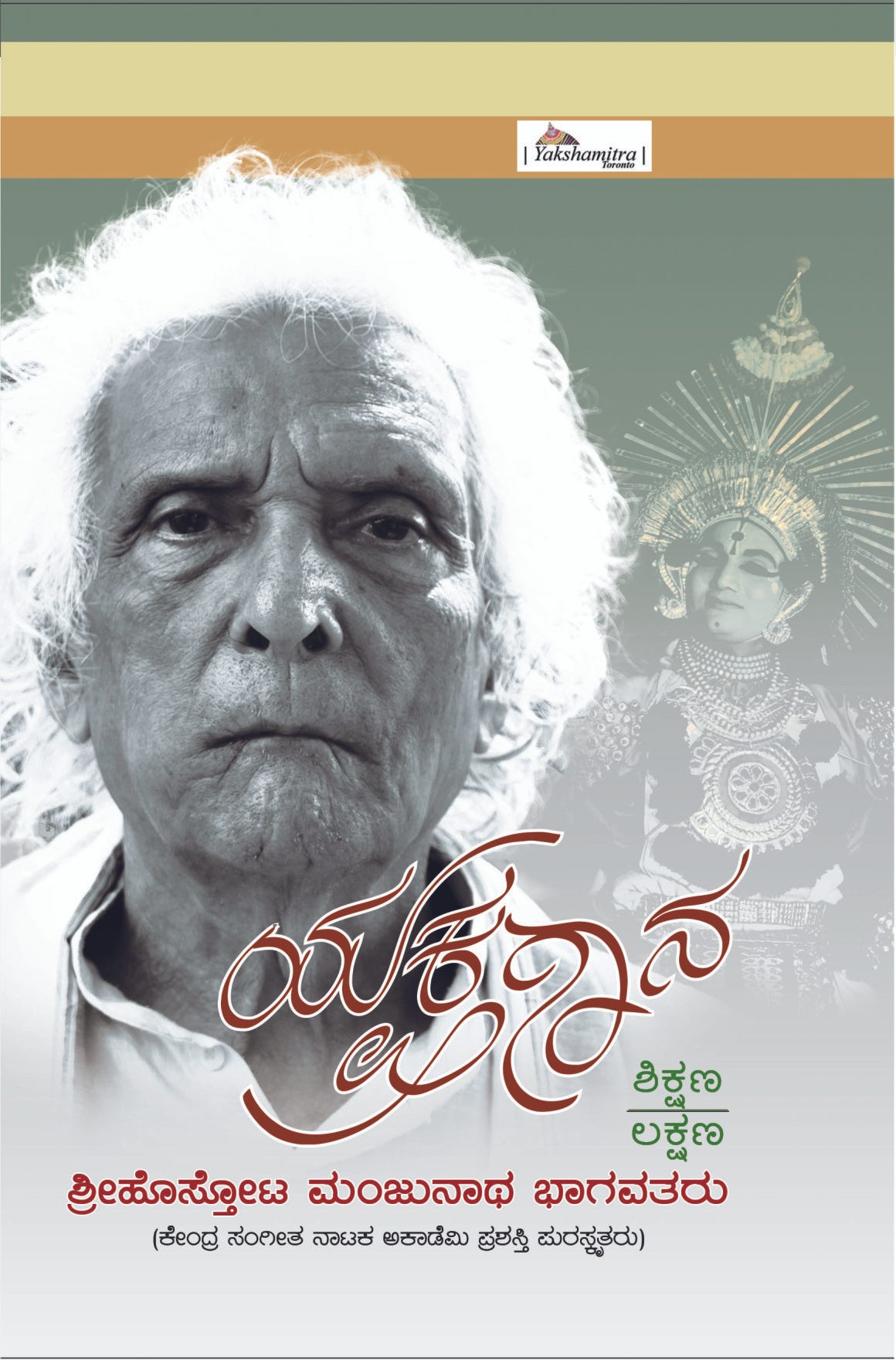This is not something I have chosen to write to show I think philosophy or 'larger questions of life' etc. I am merely sharing some confusion and discomfort I have with my understanding of numbers. To me, understanding numbers is a scientific problem and is important. I say so with some resolve because
I think, numbers as we know today are incomplete. So throwing out my current understanding will follow. You will see how scientific or otherwise, it is.
I will take two practical approaches to understanding numbers. I am not interested in whether the number is a concept or a thing etc. What numbers
do, explains a lot more. So the two approaches are:
- Enumerate what property numbers help denote.
- Assume numbers are incomplete and verify if consequences explain inabilities of numbers as we know today.
What do numbers help denote?
Numbers help count. What does 0.75 Mango mean then? Numbers help measure size. Note that both counting and measuring are not relative, that is independent of what is being measured or counted (relative to itself). Measuring weight, length etc are relative to how much 1 Kg is or 1 cm is. For example, measuring the weight of a thing is nothing but counting how many 1 Kgs equal weight of that thing. It goes similarly for length etc and other measurements relative to a unit. We then see that count and measure have attributes: they may be excessive(+ve) or lacking (-ve). Let us call it presence. What about 22/7 ? Anything 22 can not be split into 7 equal parts. So these irrational numbers have no independent existence or meaning but there is nothing irrational about them - just a wrong name. These irrational numbers acquire meaning only when there is a possibility of converting them to a rational number eventually. For example, cos(pi/3) = 0.5 has a meaning. Thus, irrational numbers denote an approximate measure that can be used in the further calculation without loss of precision. For example, 22/7 or pi tells us that, "Look, you can never count in units of its radius the perimeter of a circle precisely, but you can approximate". Fair enough?
So far we have the following things numbers can inherently denote:
- count
- measure
- indicate presence
- approximate measure
Wait a second, doesn't number denote angles? No, they don't! It is how we define the unit degree that gives 90 a meaning that it is the angle. 90 otherwise is just a count.
That brings us to imaginary and complex numbers. I think mathematicians just misnamed them using their 'imagination' and 'complexity'. These should have been called Rombers (pun)! Multiplying by i actually denotes rotation, where i is a dimension. So far we know numbers are two dimensional. Are we sure? We do not know. Some have proved that there are no three dimensional numbers. But I do think it is correct to think numbers have dimensions, although numbers, to me, inherently denote something independent of our interpretation.
Now, we can think about what else can numbers denote. Are there things numbers denote yet we do not know? I believe so. That we can see in Part-2 when I have some concrete thoughts.
Note on 21 Jan 2014: The explanation of numbers except the imaginary are my own notably the irrational numbers and original as well. Today I realised I am not first to come up with such explanation for real numbers.



